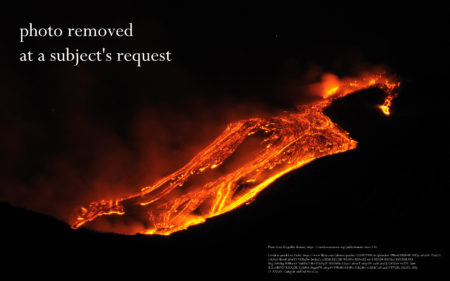[Image removed at the request of a subject (2019-10-01)]
Umberto Eco’s The Name of The Rose reminded me of both An Instance of the Fingerpost and My Name is Red – the former largely because of how multiple perspectives were employed, and the latter on account of the character of the mystery. All are historical fiction, as well as murder mysteries. All involve the question of which unsympathetic suspect is a murderer. In one form or another, all involve theological disputes. In the end, I found them all reasonably compelling as narratives, but not especially interesting insofar as the major topic under dispute was concerned. Particularly in the case of Red and Eco’s book, the motivations of the murderer turned out to be of fairly marginal interest.
The most interesting aspects of the novel are those concerning the politics of the church and the middle ages, as well as the sections about empiricism and investigation. The more tiresome sections include references to the history of the period insufficiently detailed to make much sense to those not already educated about the middle ages. All told, this is the kind of book best suited to someone with a pre-existing interest and base of knowledge around the time period in question, rather than someone who wandered into it by chance. One well designed element of the story is the ironic contrast between the perceptions of the narrating character (both in reminiscence and during the action), the other characters, and the reader’s own perceptions about some of the issues in question. The sometimes naive observations of the narrator as a young novice are a good mechanism for inducing critical thought.
One annoying choice Eco made was including many untranslated passages in French, German, Latin, and Italian. While I can see what a delight it would be for polyglots to experience these sections in the intended tongue, would it really have been unacceptable to add translations in footnotes or endnotes? Hardly anybody is going to work their way through a Latin-English dictionary word-by-word every couple of pages.
In any case, the mystery itself is well structured and the book well written. Those with a particular interest in the time-place set will probably find it gratifying.


The Name of the Rose
From Wikipedia, the free encyclopedia
Welcome back from your vacation.
I like this photo, though the colours are a bit supressed compared with what’s normal for you.
It’s a winter shot, so I didn’t want it to appear overly saturated.
My photos are also generally calibrated to look best at CIE Standard Illuminant D50.
I like the translucent quality of the photo; it is very gentle.
“Umberto Eco is famous for this. It’s gotten to the point that it takes detailed scholarly analysis to determine all the references to works, what’s real and what’s not, and what languages Eco used and why for his pidgin segments. There’s even an entire guide to The Name of the Rose, given the massive amount of references (from ancient theological texts to Sherlock Holmes) and Latin, German, French and babel-speak therein.”